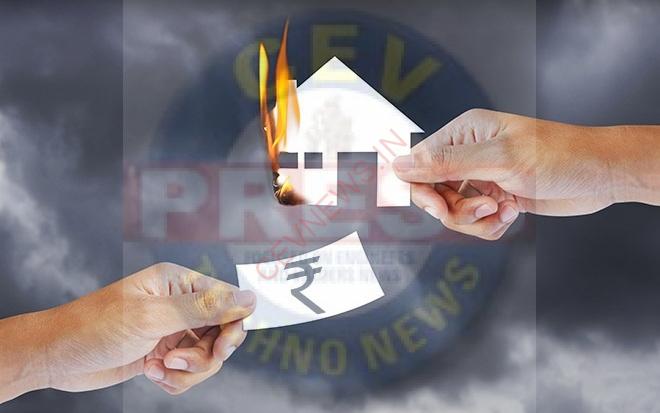The term fire insurance refers to a form of property insurance that covers damage and losses caused by fire. Most policies come with some form of fire protection, but homeowners may be able to purchase additional coverage in case their property is lost or damaged because of fire. Purchasing additional fire coverage helps to cover the cost of replacement, repair, or reconstruction of property above the limit set by the property insurance policy. Fire insurance policies typically contain general exclusions such as war, nuclear risks, and similar perils.
Procedure for Fire Insurance
When an individual or a business needs to insure their property, they must fill out a proposal form. The form includes columns for details about the insured land. The proposal includes information about the house, its location, and its contents. All of the questions on the questionnaire must be answered correctly by the insured.
A fire insurance policy is based on trust. When an underwriter receives a request, he or she evaluates the potential loss. The plan may be approved upon receipt, or a surveyor may be dispatched to evaluate it. The contract is established when the underwriter approves the proposal. Occasionally, a cover note is released immediately, and the policy is submitted later. The insurer is obligated to indemnify the liability under a cover notice. The risk coverage begins with the payment of the premium.
A fire insurance policy is typically provided for one year, although it can be reviewed on a regular basis. The insurance agent notifies the insured two weeks before the policy’s expiration date so that it can be extended. However, once the program expires, there is a two-week grace period. The insured will renew it during the grace period, and insurance coverage is maintained in the meantime.
The insured must have an insurable interest in the property to be insured both at the time the policy is taken out and at the time the loss occurs. If the insurable interest is transferred to another individual, the insurance policy terminates unless the underwriter (insurance company) agrees to extend it.
Principles of Fire Insurance
The following are the principles of fire insurance:
- Insurable Interest in fire insurance.
- The principle of Good Faith in fire insurance.
- The principle of indemnity.
- Proximate Cause of fire insurance.

